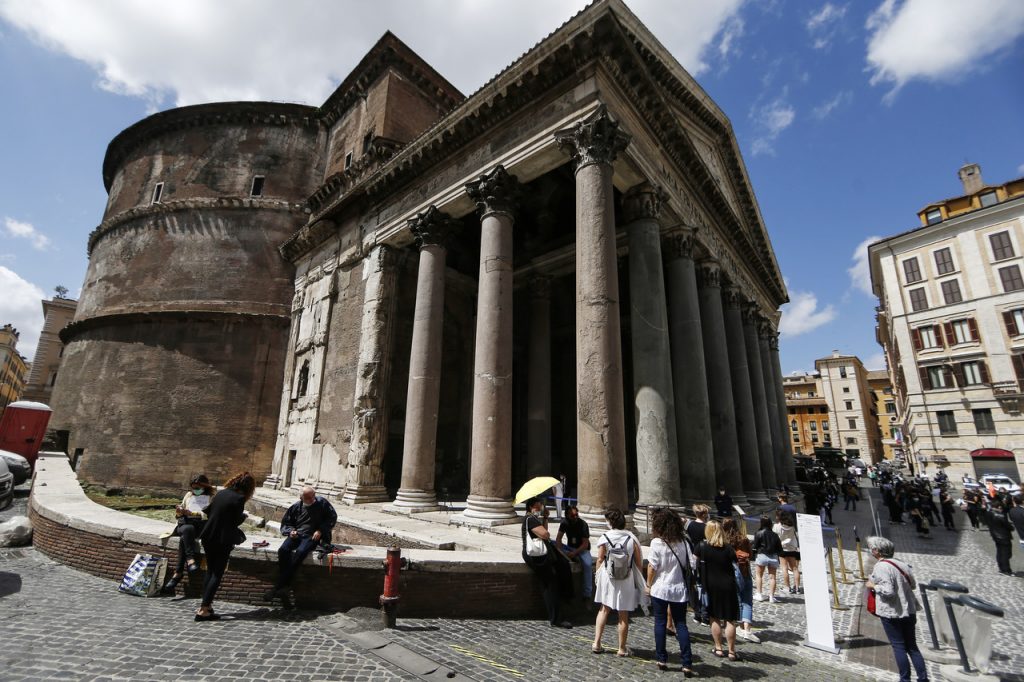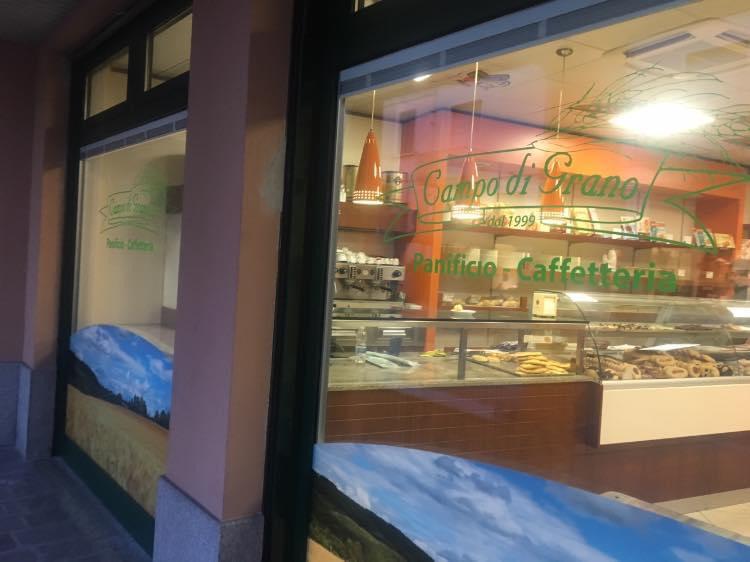

KUALA LUMPUR, July 31 (NNN-BERNAMA) — One of the most unbelievable sights for Italian Lucia Bruno, during the COVID-19 pandemic, was the deserted streets of Rome that became the subject of videos posted online, especially during the restricted movement order.
“Italian cities had never looked deserted like this before,” she said, referring to the videos posted on social media platforms and from friends during the restricted movement that was implemented from March to May, capturing the empty streets in major Italian cities.
While Italy is currently recovering and has reopened many of its streets and shops again, and its doors to tourists, the country was among the hardest hit by COVID-19 in Europe, leaving many of its cities known for their high fashion and tourist attractions abandoned during the lockdown period.
Talking to Bernama via Skype recently, Lucia, who lives in Albiate, 20 km from the northern Italian city of Milan, gave an insight on how she and fellow Italians coped with the devastation brought on by the new coronavirus to the cities and towns in northern Italy.
Lucia also sadly noted that an entire generation of older Italians in the village of Bergamo, 40 km away from Milan, was lost during the height of the COVID-19 pandemic.
Lucia, who is in marketing and health therapy service employing ancient remedies and techniques such as Ayurveda, spent her time during the lockdown in the village of Albiate, 20 km from Milan, and known as one of the topmost fruit-producing areas in the country.
Her apartment is located close to a hospital, and she dreads the sound of the ambulances’ siren that became a regular occurrence at some point when many people were brought in sick.
“It was a sad period, but it also brought out the best in many people. Many people looked out for each other, offering food and some other form of help in their respective neighbourhoods,” said Lucia, who worked from her home daily via smart-working during the lockdown.

“For my village, I supported the only open bakery (that helped many people) and I started a group on Facebook to support shops, (and) an important local newspaper published an article on this initiative,” she said, adding that the success spurred many shops to provide home delivery and are now continuing their services.
Apart from helping out at the bakery, Lucia also kept herself busy during the time, creating several videos to highlight the monuments of Italy with one video dedicated to Rome.
“Rome looked nothing like the bustling city it usually is, it was abandoned and the streets devoid of human activity during the COVID-19 scare, and this was captured in one of my videos.
“During the period, I connected online with several musicians and artists and we cooperated to produce some works to pro-bono support the arts, craftsmanship, culture, and Italian monuments, among others.”
Among the contributions from the joint efforts came Bruno’s “Rome impromptu”, with soundtrack by Juliano Music.
“Things are coming to normal now, less cases; and the government and the people have worked together to bring the number down.
“The coronavirus left us all with fear. But we are a strong country and we will be able to overcome this,” Lucia said, adding that among the many websites that kept her inspired and hopeful during the lockdown included the “Lockdown” series on Timeless Today – featuring Global Peace Ambassador Prem Rawat’s talks on peace, hope, and the preciousness of life.
–NNN-BERNAMA
